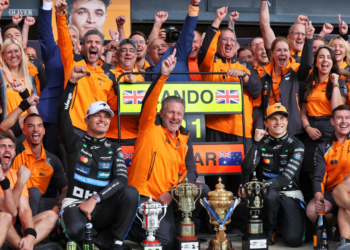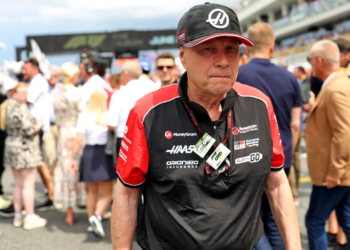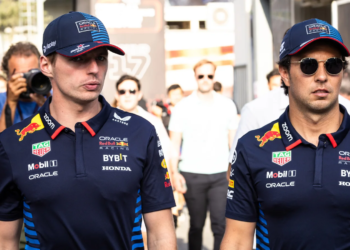Renault's 2019 car will be an all-new design bar one component which has been carried over from its predecessor, according to the team's technical chief Marcin Budkowski.
The French manufacturer is pushing hard to break into the frontrunner category after leading the midfield in 2018, and that means making some bold steps including an all-new design for its upcoming R.S.19.
According to Budkowski, the car will be such a departure from its predecessor that only one component remains unchanged: "The only thing we carried over from last year's car is the power steering," he told Autosport.
"All the rest is changing, and it is changing because we are trying to squeeze more performance from every area."
Budkowski admitted that such a big change brings with it some risks, including the ability to be ready for the car's planned launch on February 12, which he says is cutting it fine.
"It is a big effort to do everything from scratch, plus the [new] regulations, but it is a performance goal. The later you leave it, the more performance you have, but the more stressful it is to get it out on time.
"It’s tight. Very tight," he added. "But it is always tight. If it wasn’t tight you would be wrong, because by definition you leave everything as late as possible to try to get as much performance as you can before you commit to manufacturing the parts and getting them onto the car.
"We have left it late, but hopefully it is for the right reasons in terms of performance and we will get a car just in time for the first test and the launch. That is how it should be."
The engine, which will also power customer team McLaren, is also undergoing major changes and Renault is "very optimistic" it will deliver a step forward.
"We are very optimistic on the engine side. We are still working on the engines that will start the year, and in the end performance and reliability is a trade-off. You can extract more performance from any engine, but it might not last the number of races and numbers of sessions you want to.
"So we have to see where that cursor stops in terms of performance versus reliability, but we are optimistic."






